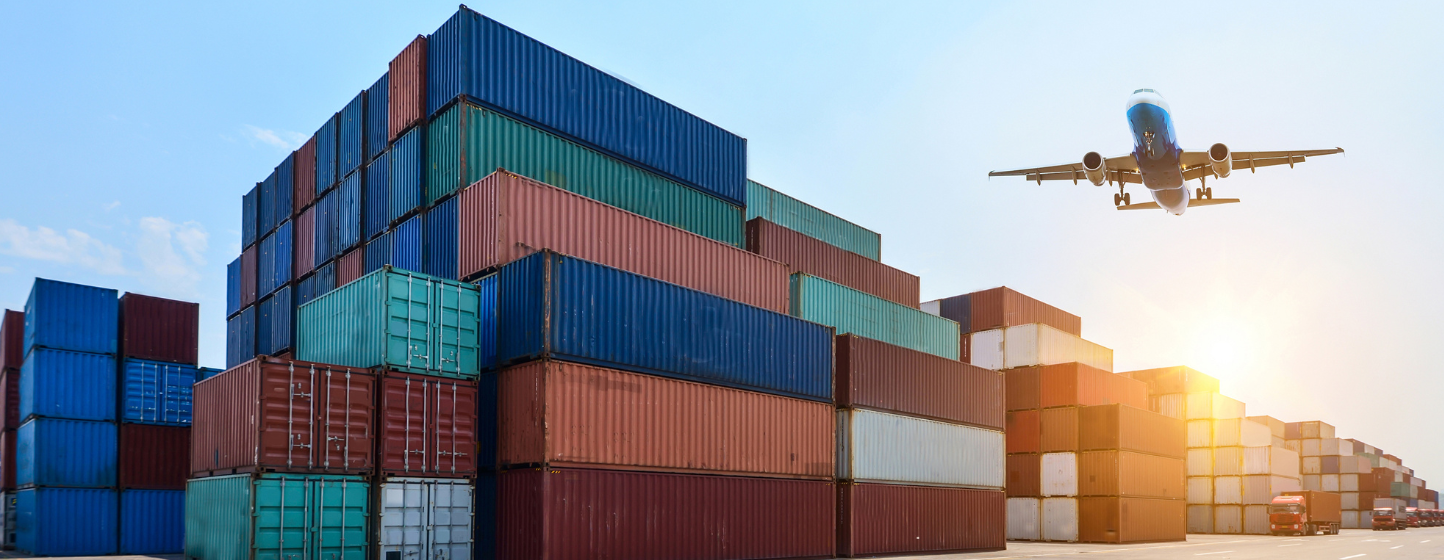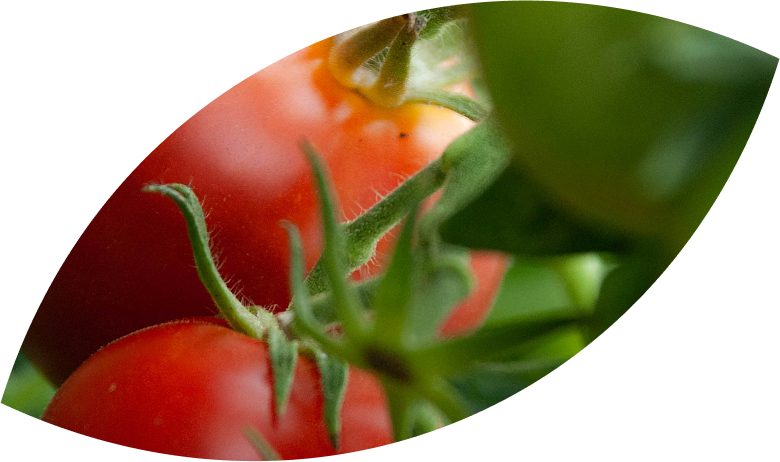
This surge has sparked protests among Spanish farmers, who are calling on the European Union to enforce the rulings of the Court of Justice of the European Union (CJEU) concerning Western Sahara. According to official data from the Spanish Federation of Associations of Producers and Exporters of Fruits, Vegetables, Flowers and Live Plants (FEPEX), Spain imported €672 million worth of Moroccan agricultural products during the first four months of 2025. By mid-year, the figure had reached €899.5 million, representing a 33% increase compared with the same period in 2024.
In terms of value, Morocco has become Spain’s leading supplier of fruits and vegetables. While France remains the top supplier by volume, Morocco is rapidly narrowing the gap.
Tomatoes at the Heart of the Tensions
Tomatoes have become a particularly sensitive issue. Over the past decade, Spanish imports of Moroccan tomatoes have surged by 269%, from 18,045 tons in 2014 to 66,624 tons in 2024. During the same period, Spanish tomato exports to the EU fell by 25%. Farmers denounce mounting pressure on domestic production and a loss of market share. Spanish agricultural associations also express concern about the lack of control over the entry price system at EU borders, particularly for tomatoes. They are calling on Brussels to tighten oversight and prevent potential irregularities.
A Political and Legal Dispute Over Western Sahara
The debate also carries significant political and legal implications related to the origin of products from Western Sahara. Sahrawi representatives claim that agricultural products from this disputed territory are marketed under Moroccan trade agreements, raising concerns about the exploitation of natural resources and compliance with CJEU rulings. These rulings stipulate that products originating from Western Sahara must be excluded from EU-Morocco trade preferences, unless there is explicit consent from the Sahrawi people and their representative, the Polisario Front.
The issue has been brought before the Petitions Committee of the European Parliament following interventions by MEPs Carmen Crespo (Partido Popular) and Mireia Borrás (Vox). Both lawmakers are calling for stricter monitoring of the entry price system and full enforcement of EU-Morocco trade agreements. Carmen Crespo described the situation as an “unacceptable imbalance” that severely affects farmers in southern Spain.
The CJEU annulled the EU-Morocco fisheries and agriculture agreements in October 2024, ruling that they lacked the consent of the Sahrawi people—a decision reaffirmed in January 2025. The Court clarified that products originating from Western Sahara must be excluded from European trade preferences and clearly labeled as such.
Balancing Trade, Fair Competition, and International Law
This ongoing debate illustrates the intersection between trade, competition, and international law, as producers and policymakers alike demand both fair market conditions and respect for European judicial decisions.

